Last updated: March 20, 2020

This concern is a subset of a generalized criticism of Yin Yoga in particular but could be leveled at all yoga practices:
There is no scientific proof that yoga practice affects our nervous system.
While it is true that there is little scientific research done specifically on Yin Yoga, there is some. One Swedish group looked at the relationship between Yin Yoga, mindfulness and stress and worry. They called their program YOMI:
The YOMI program is a psychoeducational training and physical practice-based program that bridges knowledge from evidence-based psychotherapy with the practice of mindfulness and yin yoga.[1]
The parasympathetic nervous system (PNS) is called our “rest and digest” or “feed and breed” system. It is the complement to the sympathetic nervous system (SNS), which has been called the “fight or flight” system. These are both components of the autonomic nervous system (ANS), which implies that these effects are normally beyond conscious control. They happen automatically, depending on mind states, and affect our internal organs, heart rate, respiration, blood pressure, etc. We need both systems operating at various times, but in the modern era, we seem to be in the aroused, sympathetic state far more often than in the relaxed, parasympathetic state, with many notable negative health consequences.
Trainings that can help us activate the PNS at will are valuable. We know that slow breathing can trigger the PNS and this can be added to any yoga practice, including Yin Yoga.[2] The YOMI studies have also shown directly that Yin Yoga can trigger the PNS and provide many health benefits. From a 2019 study of anxiety (which can trigger the SNS or be triggered by the SNS), the authors came to this conclusion:
…there was a significant reduction found in state anxiety and trait anxiety after the yin yoga, with no changes in trait mindfulness. The results indicate that yin yoga has an anxiolytic effect, although the uneven number of participants made comparison difficult. Yin yoga should be considered as a potential treatment option for anxiety.[3]
The earlier 2017 study found
[Yin] yoga stimulates the parasympathetic nervous system, which slows down breathing, heart rate and relaxes the body…[4]
(For more details on the YOMI findings and to read the lead author (Frida Hylander) directly, visit the YOMI website.)
The YOMI findings and many students’ personal experiences are pretty clear: Yin Yoga, especially when combined with relaxed, slow breathing, triggers the parasympathetic nervous system. Not for everyone, of course. Nothing works for every body, but for many people the benefits are obvious and real.
Return to Topics
[1] Frida Hylander, Maria Johansson, Daiva Daukantaitė and Kai Ruggeri, “Yin yoga and mindfulness: a five week randomized controlled study evaluating the effects of the YOMI program on stress and worry,” Anxiety, Stress & Coping 30.4 (2017): 365–378.
[2] See the article The Yinside of Breathing.
[3] Denise Winroth, Peter Hassmen and Christopher J Stevens, “Acute Effects of Yin Yoga and Aerobic Exercise on Anxiety,” Alternative & Integrative Medicine 8.2 (2019): 278.
[4] Hylander et al., “Yin yoga and mindfulness.”
